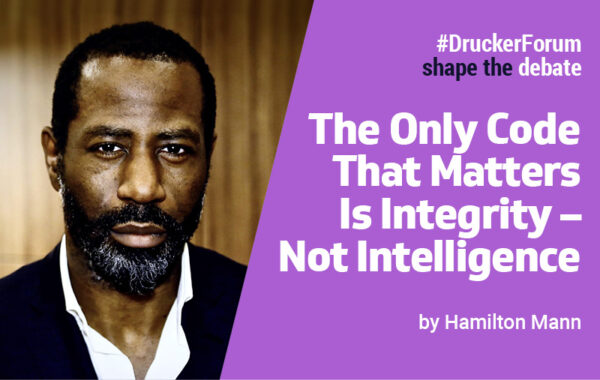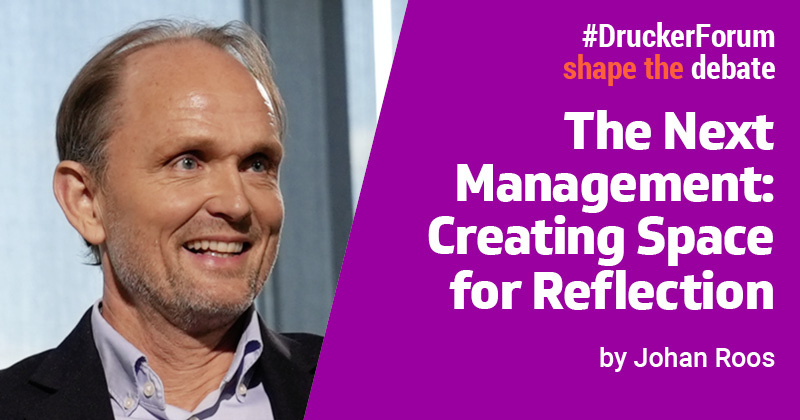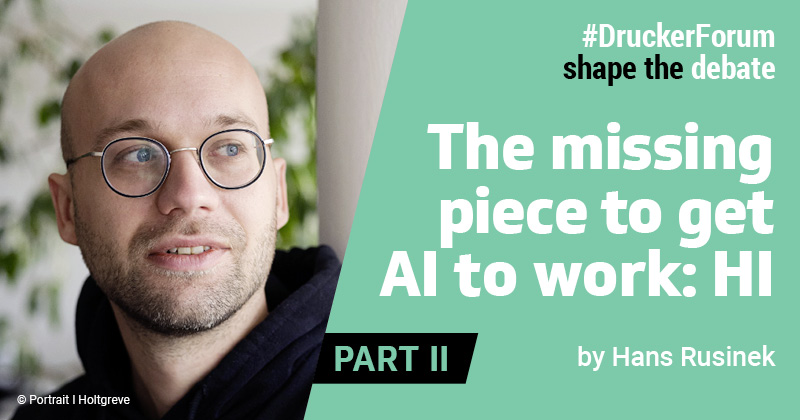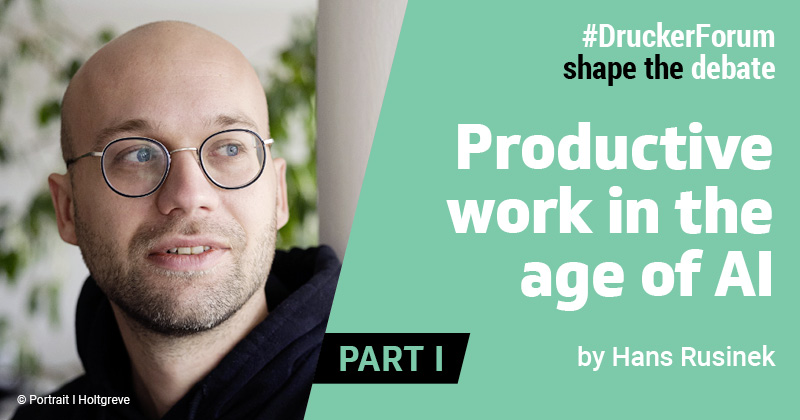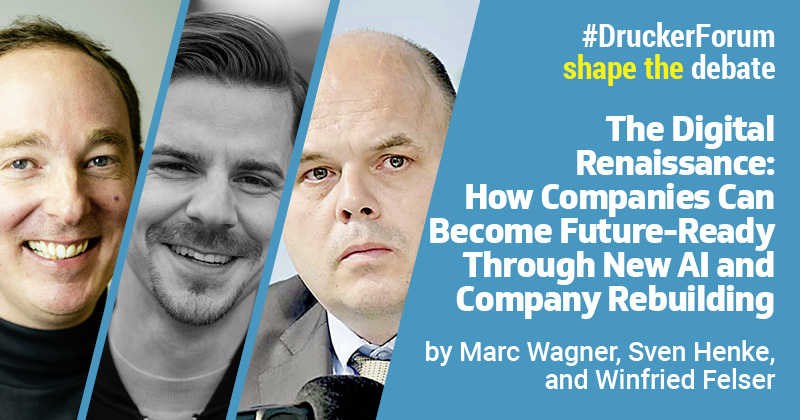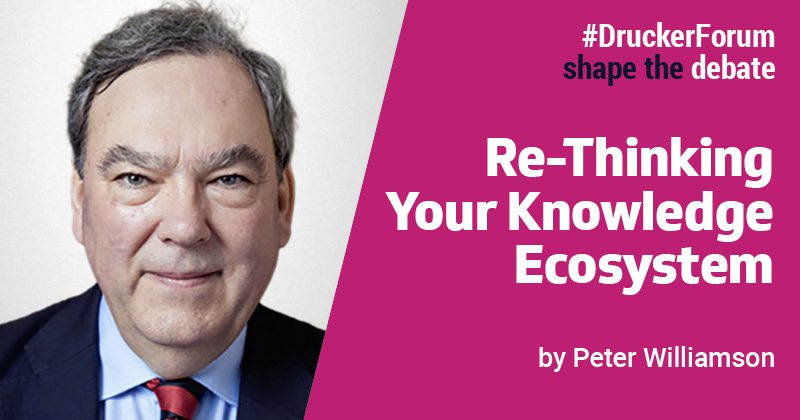As a guest at the 16th Global Peter Drucker Forum, I had the honor of talking about recent developments in the global political landscape and their effects on society and the economy. The era of globalization as we have known it has ended and, unfortunately, we are not only being confronted with a new geopolitical situation, we must also simultaneously face the challenges of climate change and increasing biodiversity loss. In other words, globalization is over; global problems, however, will become ever more pressing. Against this background it is clear that we will only be able to feed and provide health care for a growing world population if we find new, uncommon ways to collaborate.[…]
Continue reading


